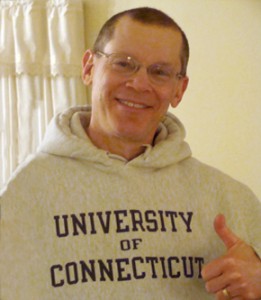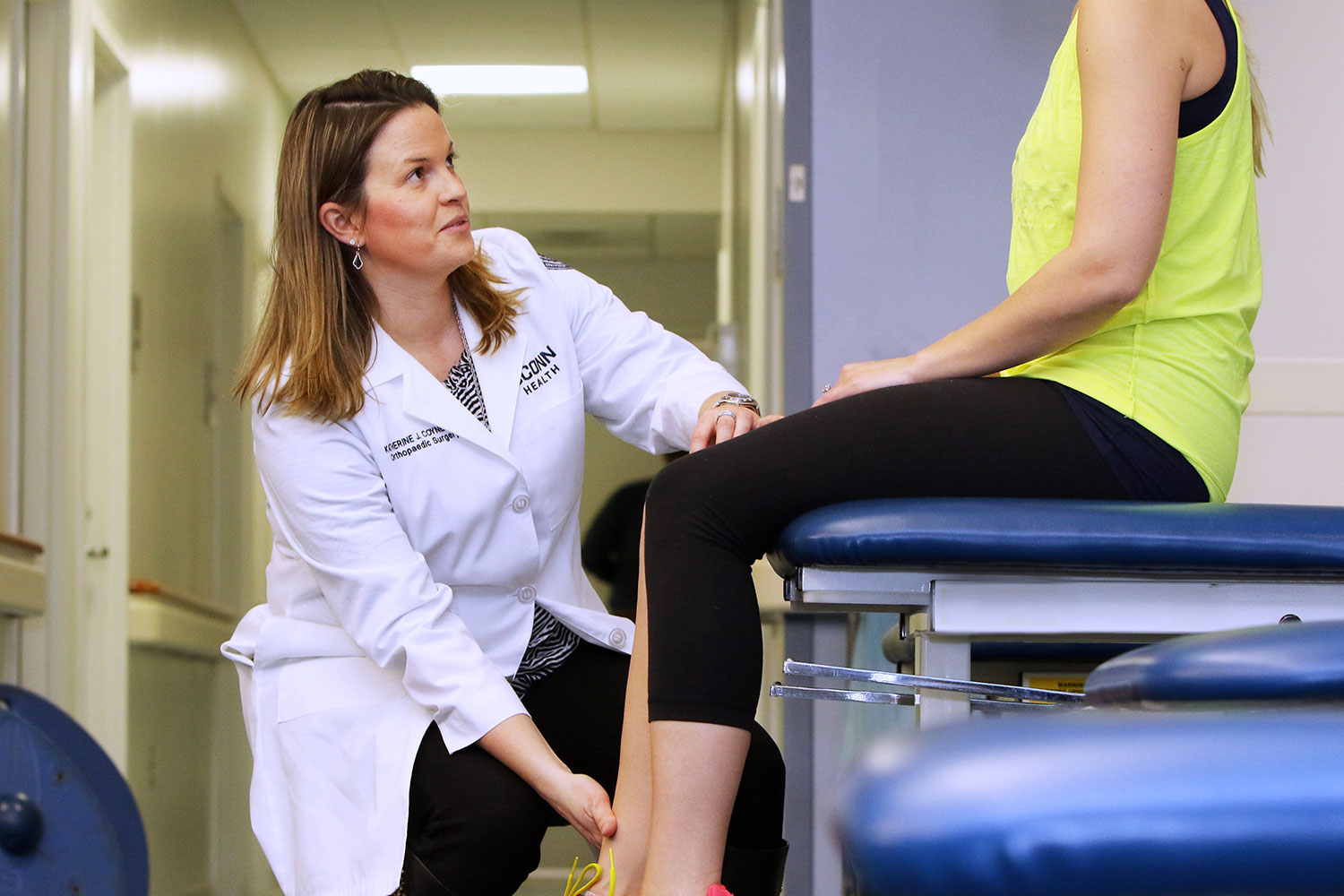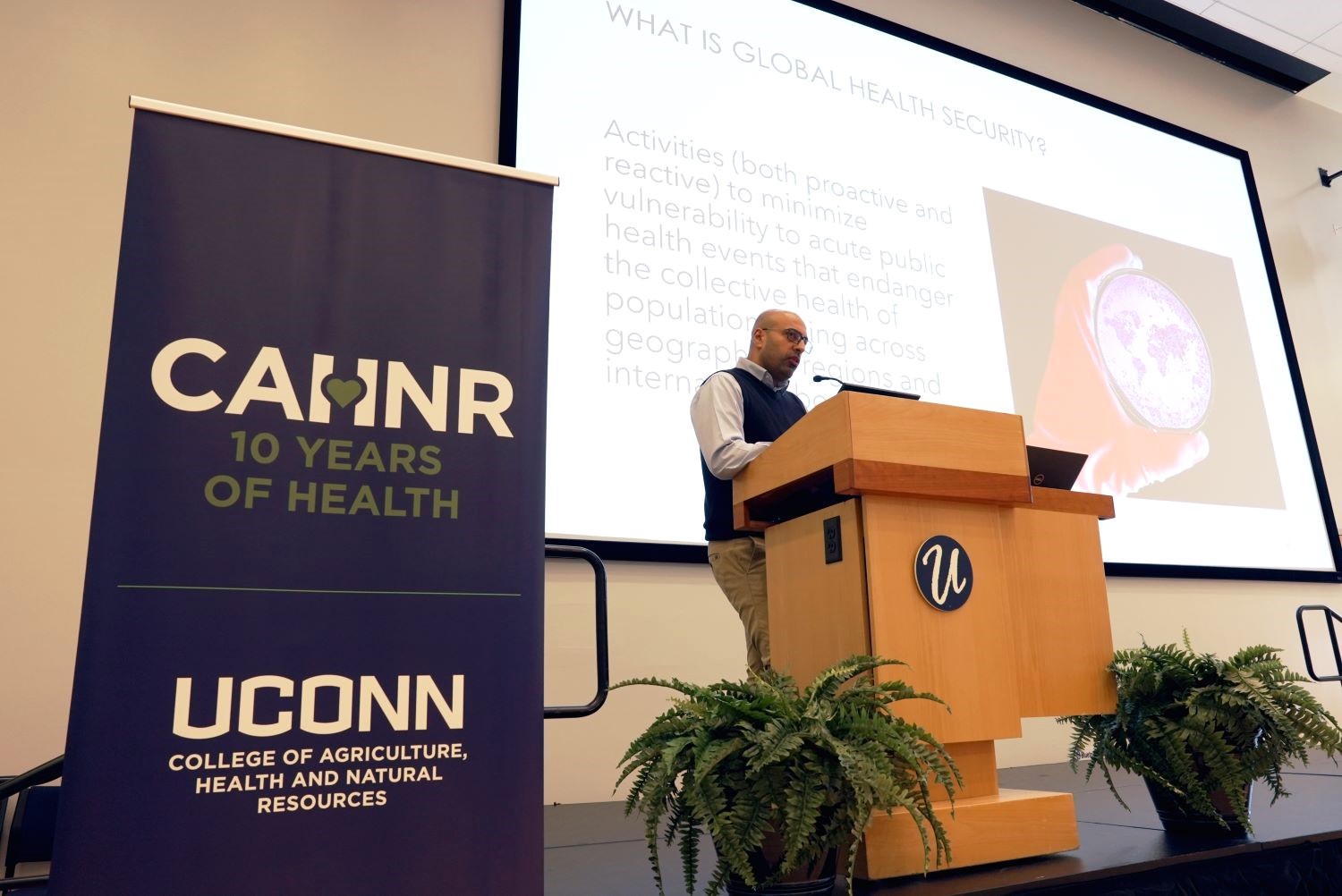
When Roger Cherney ’73 first returned to campus in 1998, he was impressed by how much UConn had changed and grown with him.
“There was a lot that was familiar, and there was a lot that was new,” he says. “It struck me that the growth of the campus had paralleled my own. In some ways I was the same person as when I graduated, but I had developed in new ways too. Walking around the campus, for the first time in 25 years, I realized the abiding regard and affection I had for UConn, and certain professors and students who had played an important role in my own development.”
That connection, specifically to the Honors Program, has now translated into a steady history of philanthropic giving to support Honors students. Cherney most recently pledged $14,000 for fine arts Honors students pursuing research or a piece of original work related to their Honors thesis or project.
Although his background is in science and psychology, and his career in health care, Cherney’s pledge to support the arts comes back to the changes in his life since he left Storrs.
“I have supported SURF [Summer Undergraduate Research Fund] awards in in the College of Liberal Arts and Sciences,” he says. “However, I came to realize that there was a hole in me, something that I had really missed since my youth, and that was the arts.”
From his home in northwest New Jersey, Cherney had started to travel into New York City to visit the Metropolitan Museum of Art and Carnegie Hall, and realized that his appreciation of the arts could translate to his philanthropy.
“I support the arts because I feel they are under-supported relative to the importance they hold for the human experience,” he says. “The arts make life worth living and help you deeply realize what it means to be a human being. They profoundly stretch the mind and heart, and stir the spirit.”
He will meet the first beneficiary of the award next fall at an annual event when donors meet students who have benefited from private support. Cherney has faithfully returned to campus to attend past events, and says they rekindle his appreciation and desire to give.
“It has been wonderful to meet students. When you hear Honors students talking about their work and lives, it just helps keep your faith in humanity. You see their goodness and potential as people, you hear their dreams and plans, and the outlook for the future seems a little better.”
Cherney said that he can trace his own success to UConn and his experience in the Honors Program. Living in Sprague Hall, Cherney spent much of his time on campus in Whitney House, the white 19th-century house on Route 195, which was used for hosting Honors seminars, cooking meals, and socializing. “I had some profound experiences there with special people. That place still holds a special place in my heart.”
He is struck by the changes in the Honors Program since then, but sees a common thread to the time when he attended. “The program has grown tremendously, and I’m happy to see that it has been a priority for the University. I hope it remains so,” he says. “An honors program is about fostering the development of the whole person as well as their intellect. It was and is about helping scholars develop in many ways, and helping them find and feed their passions. It afforded you the opportunity to steep yourself in your studies, to sink your teeth into things.
“I appreciate the University in general, the Honors Program in particular, and want to give back,” Cherney adds. “Life is short. If I can do something that helps contribute to the personal and intellectual growth of another person, that is fulfilling. I give for no other reason than that for maybe one student, it will make a difference in their life and just maybe the lives of others.”


